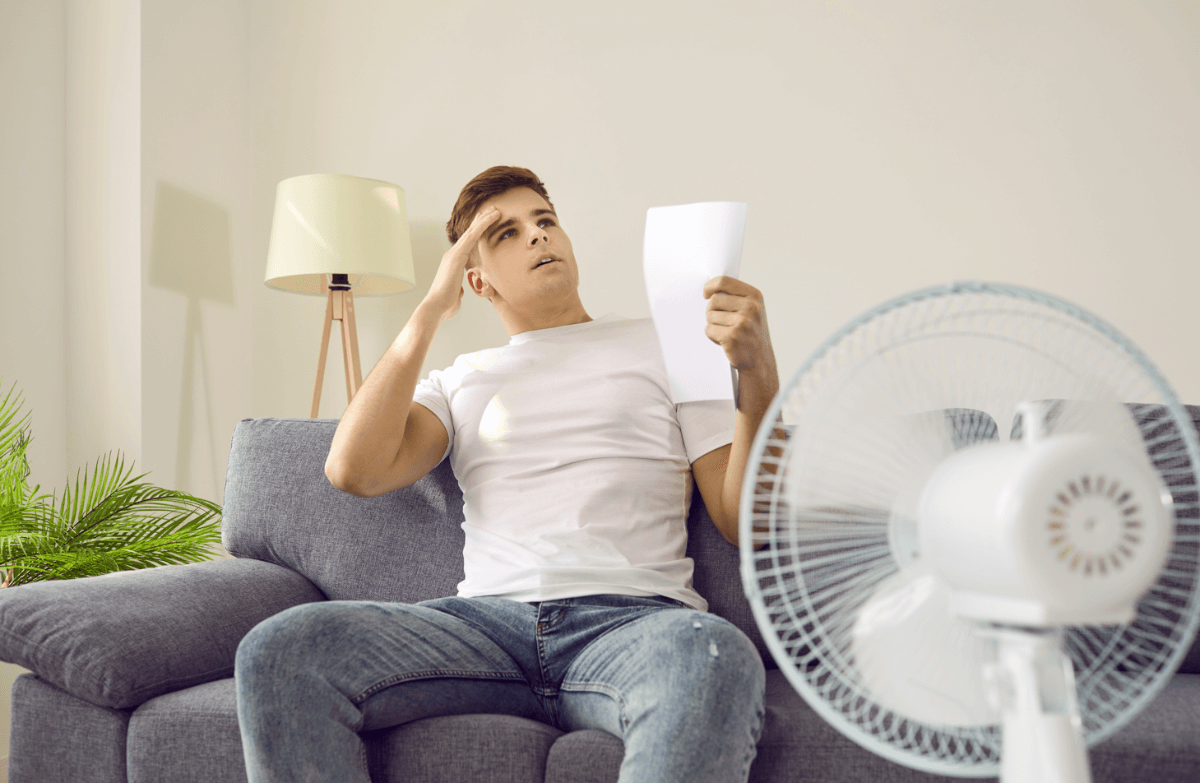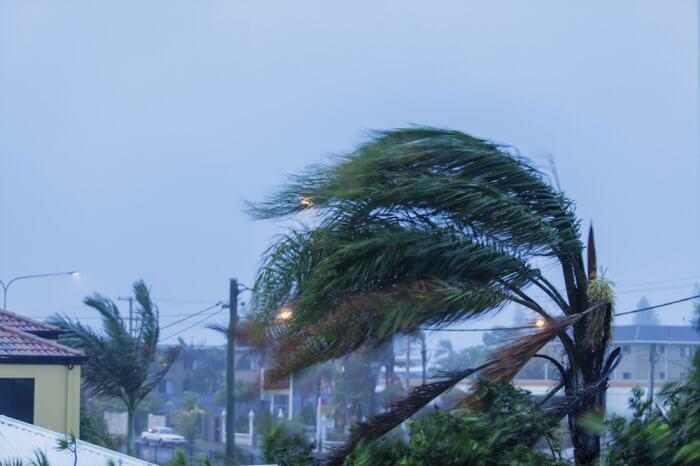
Many Australians are set to swelter this summer, with new research from Compare the Market revealing that half of Aussies plan on using their air-conditioning less in the warmer months to beat soaring electricity prices.
The latest research found that 49.7% of Australians surveyed will resist using their air-con on hot days to save money.*
While air-conditioners can contribute to higher electricity bills in the warmer months, Compare the Market’s Head of Energy, Meredith O’Brien, said switching off completely wasn’t the only way to reduce power bills.
“We’ve already started to feel the weather warm up and many households may see their electricity bills skyrocket during the summer months as they try to keep cool,” Ms O’Brien said. “It can be really tempting to run your air-con on the coolest setting when the mercury climbs, but this can be one of the major contributors to high bills during the warmer months.
“Contrary to popular belief, you don’t need to blast your air conditioner on the coldest temperature to feel its effects. Your unit needs to work even harder and use more power when on lower settings. Each degree cooler you set the temperature can add up to 10% more to your electricity usage, which can really add up. Instead, set your thermostat to between 25 and 27°C on the cooling function on those hot or muggy days.
“Of course, it’s also going to depend on the type of air conditioner you have, the size of the area you’re trying to cool, how insulated your home is and even how much sunlight you get.”
The latest statistics from Compare the Market show that Gen X is the most likely to switch off their air-cons and keep cool in other ways, with 52.9% of the cohort saying they’ll use their units less. In contrast, Gen Z and Baby Boomers are least likely to go without air-conditioners in the warmer months.
Compare the Market’s data also found that Queensland and Western Australian households are the most likely to ditch air-con use as a way to save money, at rates of 53.2% and 52.8%.
“Households in some of Australia’s warmest states plan on using their air-con less, which makes sense if you’re struggling to keep on top of bills,” Ms O’Brien said. “But there are ways to get the most from your system without costs spiralling completely.”
Small changes around the home could make all the difference when using your air-con, including:
- Closing doors, blinds and windows so cool air doesn’t escape from rooms where the air-con is running
- Keeping up-to-date with your air conditioner’s cleaning and servicing, as blocked filters could cause systems to work harder
- Ensuring outdoor compressors are covered with shade so heat from the sun doesn’t cause them to work harder
- Opting for fans where applicable, as their running costs are generally just a few cents per hour
- Regularly comparing electricity plans and ensuring you’re not paying more than you need (you can switch in as little as two business days with no disruption to your power)
However, Ms O’Brien said the type of air conditioner you have can also play a role in what you ultimately pay.
“If you’re in the market for a new unit, be aware that not all systems are equal,” Ms O’Brien said. “Units with a higher energy star rating tend to be more effective if you’re looking to keep your bills low. Typically, reverse split systems are more energy-efficient than other models on the market.
“Portable units may also come with low upfront costs, but be aware they usually cost you more in the long run because they chew through a lot more power.
Ms O’Brien said finding the right air conditioner for your home was key to reducing your electricity bill.
- How big is the room you’re looking to cool? If you’re looking to cool a bigger space, you may require a bigger system. Smaller systems may need to work harder and may not cool you down as effectively.
- Is your home adequately insulated? Ceiling, wall and floor insulation can have a huge effect on air conditioning. If you don’t have roof insulation, consider installing some, as it could save you on running costs. Also check and seal any window and door gaps.
- How warm does it get at your address? If your home has many windows that let in light and heat, consider:
– shutting blinds and curtains
– installing outdoor awnings
– closing off parts of the house that are unused and don’t require cooling - Do you have solar? If your home has solar, running the air conditioner during the day when your system generates power, then switching to ceiling fans in the evening, could lower your overall bill. You may also be able to store solar power in a battery and use it at night to blast your air conditioner.
- What electricity plan are you on? With the electricity market changing rapidly, it could be worth comparing your current plan against others on the market. If it’s been more than a few months since you’ve switched plans, see what else is available and if you can pay less for the electricity you use.
*Survey of 1,001 Australian adults, conducted September 2024.
For more information, please contact:
Phillip Portman | 0437 384 471 | [email protected]
Compare the Market is a comparison service that takes the hard work out of shopping around. We make it Simples for Australians to quickly and easily compare and buy insurance, energy, and home loans products from a range of providers. Our easy-to-use comparison tool helps you look for a range of products that may suit your needs and benefit your back pocket.








